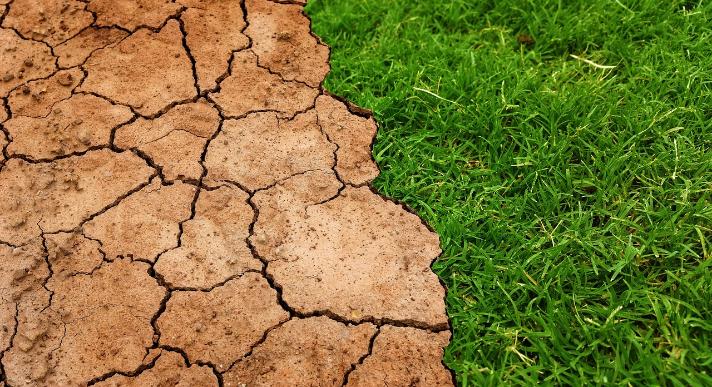Global warming is a significant environmental issue that affects the entire planet. It refers to the long-term increase in Earth’s average surface temperature due to human activities, primarily the emission of greenhouse gases into the atmosphere. This phenomenon has far-reaching consequences for the environment, ecosystems, and human life.
The primary cause of global warming is the release of greenhouse gases, such as carbon dioxide (CO2), methane (CH4), and nitrous oxide (N2O), into the atmosphere. These gases trap heat from the sun, preventing it from escaping back into space, and thereby causing the Earth’s temperature to rise. Human activities, including the burning of fossil fuels for energy, deforestation, industrial processes, and agriculture, are the main contributors to the increase in greenhouse gas emissions.
One of the most concerning impacts of global warming is the rise in average global temperatures. Over the past century, Earth’s temperature has increased by approximately 1 degree Celsius (1.8 degrees Fahrenheit). While this might seem like a small change, it has significant consequences for the planet’s climate systems. Rising temperatures lead to changes in weather patterns, more frequent and severe heatwaves, droughts, and intense storms.
Another consequence of global warming is the melting of polar ice caps and glaciers. As temperatures rise, ice sheets in Greenland and Antarctica are melting at an alarming rate, contributing to rising sea levels. This poses a threat to coastal communities, wildlife habitats, and low-lying islands. Additionally, the melting of ice reflects less sunlight back into space, further exacerbating global warming in a vicious cycle known as the ice-albedo feedback loop.
Furthermore, global warming disrupts ecosystems and threatens biodiversity. Many species are struggling to adapt to rapidly changing conditions, leading to shifts in habitats and population declines. Coral reefs, for example, are highly sensitive to changes in temperature and are experiencing widespread bleaching events, which can result in the death of coral colonies and the loss of marine biodiversity.
Addressing global warming requires collective action on a global scale. Governments, industries, and individuals must work together to reduce greenhouse gas emissions and mitigate the impacts of climate change. Transitioning to renewable energy sources, such as solar, wind, and hydroelectric power, is essential for reducing our dependence on fossil fuels and decreasing carbon emissions.
Additionally, efforts to conserve forests and promote reforestation are crucial for sequestering carbon dioxide from the atmosphere and preserving biodiversity. Sustainable land management practices, such as organic farming and agroforestry, can also help reduce emissions from agriculture while enhancing soil health and resilience.
Individuals can also take action to combat global warming in their daily lives. Simple steps, such as reducing energy consumption, using public transportation, recycling, and supporting environmentally-friendly products, can all make a difference in reducing our carbon footprint.
In conclusion, global warming is a pressing issue that requires immediate attention and concerted effort to address. The consequences of inaction are severe and far-reaching, impacting not only the environment but also human health, economy, and social stability. By taking decisive action to reduce greenhouse gas emissions and adapt to changing climate conditions, we can mitigate the worst effects of global warming and build a more sustainable future for generations to come.

